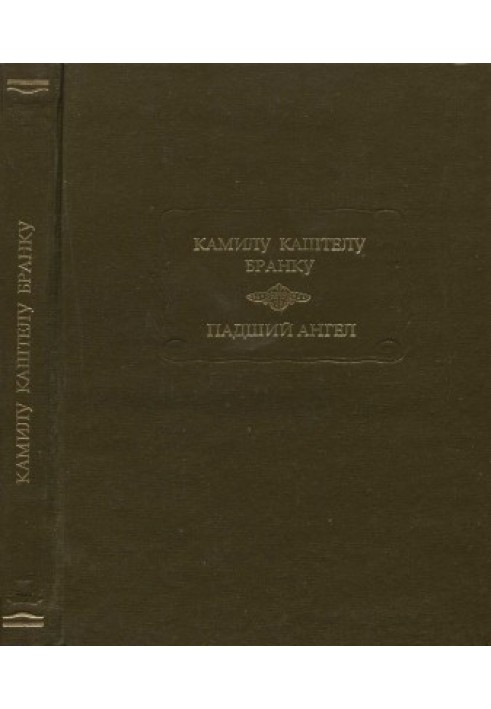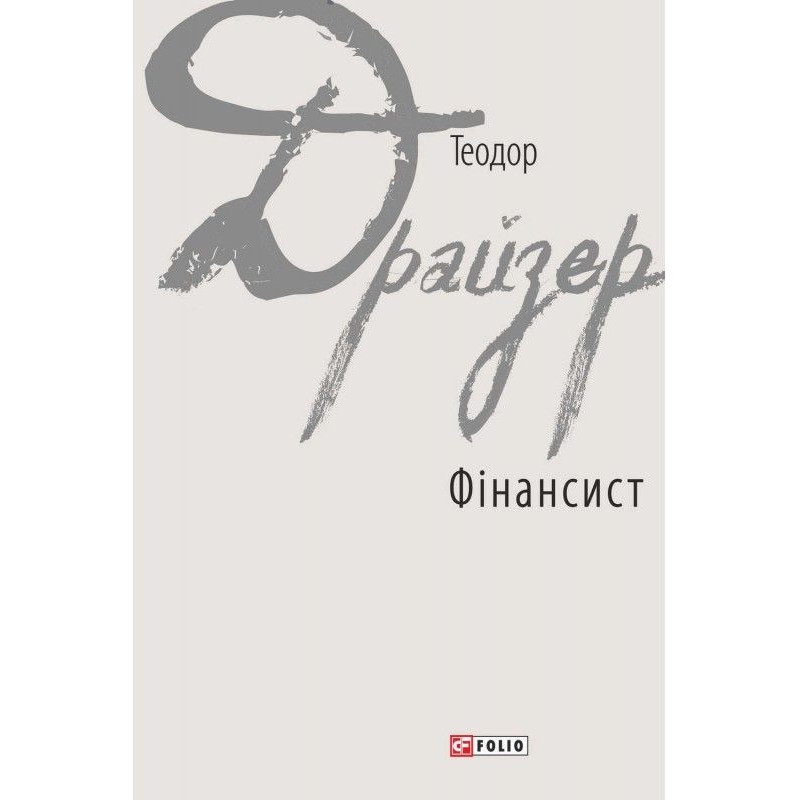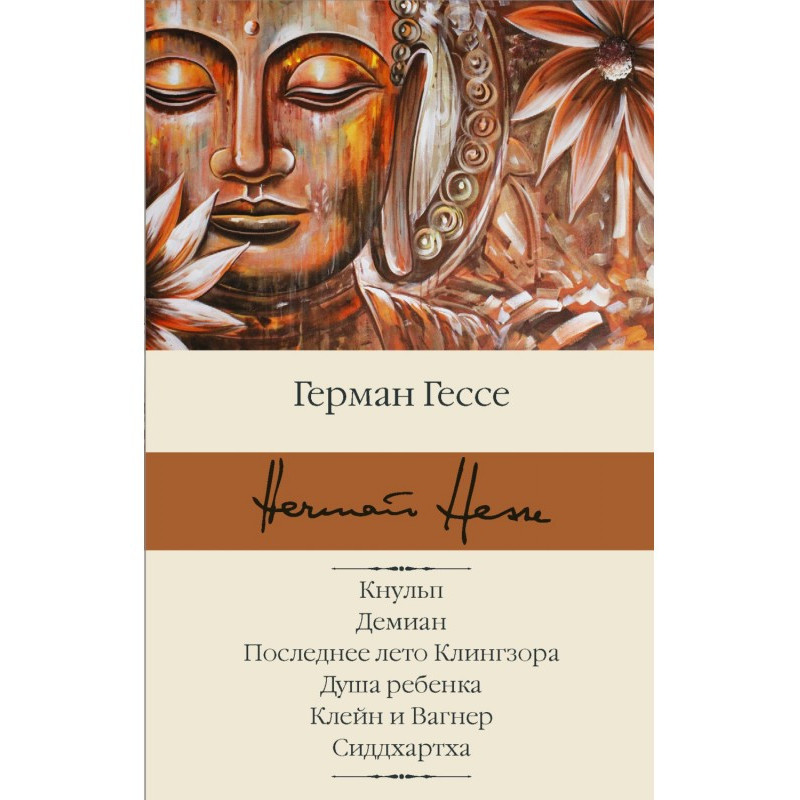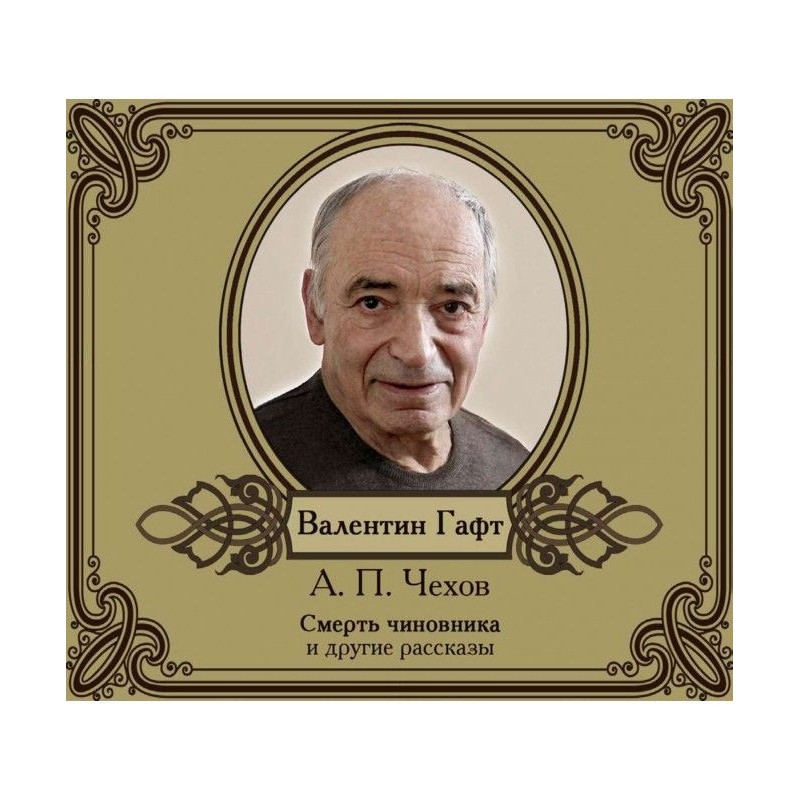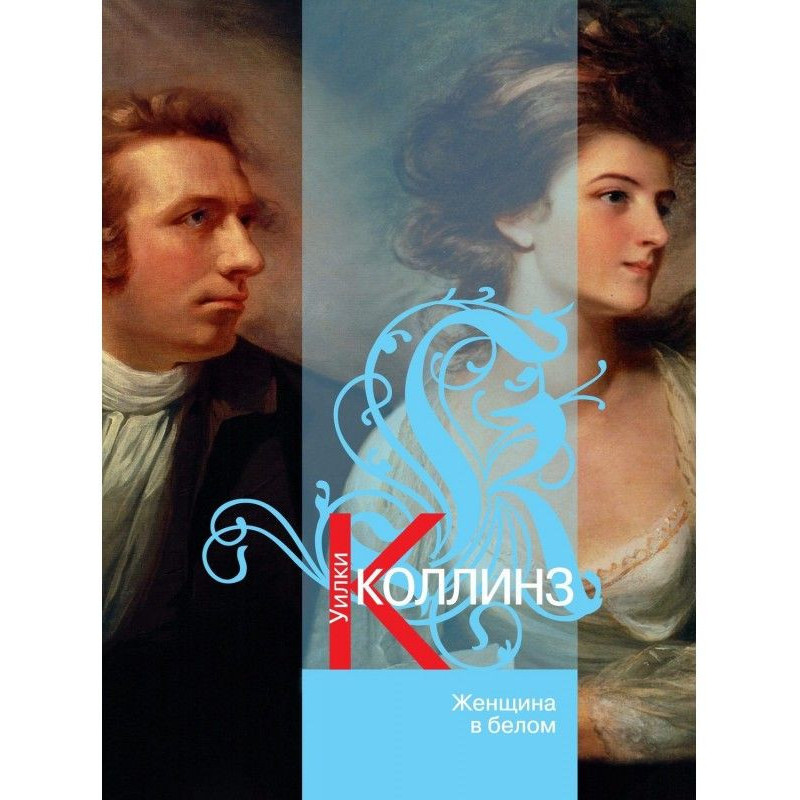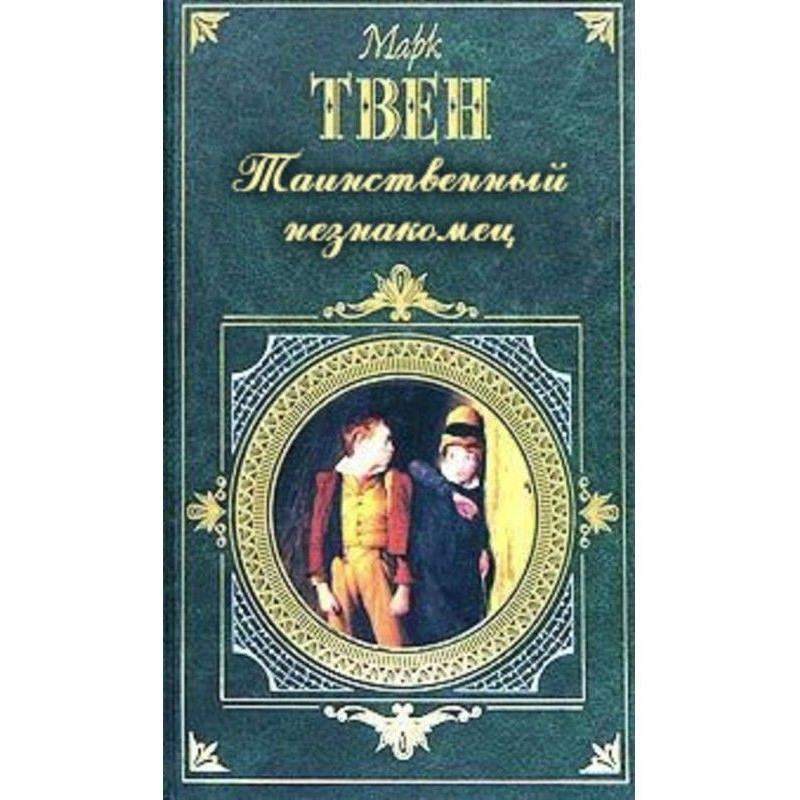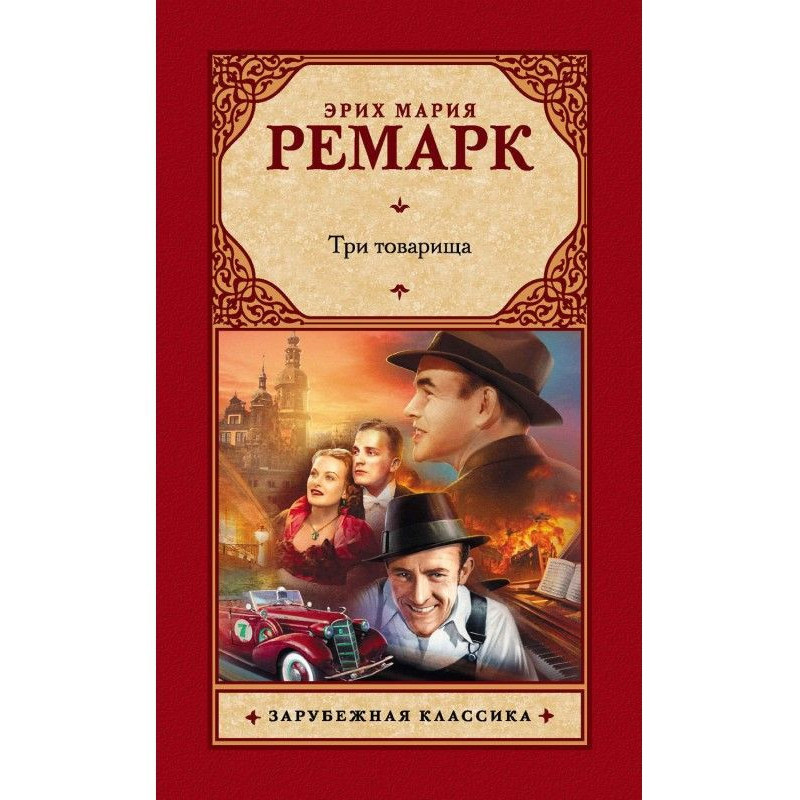Fallen Angel
 Instant download
Instant download
after payment (24/7)
 Wide range of formats
Wide range of formats
(for all gadgets)
 Full book
Full book
(including for Apple and Android)
The novel by the Portuguese writer Camilo Castelo Branco (1825-1890) “The Fallen Angel” (1865) has not previously been translated into Russian; this is the first attempt at a scientific publication of one of the most famous works of the classic of Portuguese literature of the 19th century. In “Fallen Angel,” as in many of C. Castelo Branco’s novels, elements of literary play are combined with an ironic depiction of the author’s contemporary Portuguese reality. The use of “romantic irony” also allows C. Castel Branco to present a number of “vagrant plots” of European literature from an unexpected point of view. As a supplement to the novel, this edition publishes the short story “The Side Son” (1876) by C. Castelo Branco from the series “Short stories from the province of Minho.” This work, also published for the first time in Russian, is partly a rethinking of the plot of “Fallen Angel”. SUMMARY: Fallen Angel (5). ADDENDUM Side Son (157). APPENDICES K. V. Kovalev. Camila Castelo Branco and his novel “Fallen Angel” (217). Comments (239). List of illustrations (293).
Data sheet
- Name of the Author
- Камилу Каштелу Бранку
- Language
- Russian
- Translator
- Константин Викторович Ковалев
Reviews
Вражаюче відкриття португальської класики!
Роман "Пащий ангел" Камілу Каштелу Бранку став для мене справжнім відкриттям. Це перше наукове видання твору, який раніше не перекладався російською мовою, і я вдячний за можливість ознайомитися з цим шедевром португальської літератури XIX століття. Автор майстерно поєднує елементи літературної гри з іронічним зображенням сучасної португальської дійсності, що робить текст не лише цікавим, але й глибоким. Використання "романтичної іронії" дозволяє Каштелу Бранку поглянути на знайомі сюжети з абсолютно нової перспективи, що змушує читача задуматися над багатьма аспектами життя і суспільства. Додаткова новела "Побічний син" є чудовим доповненням до основного твору, що розширює контекст і поглиблює розуміння тем, порушених у "Пащому ангелі". Рекомендую цю книгу всім, хто цінує якісну літературу та хоче дізнатися більше про португальську культуру і традиції!

